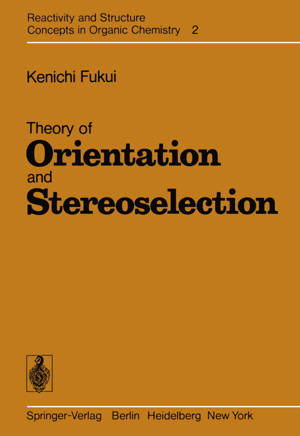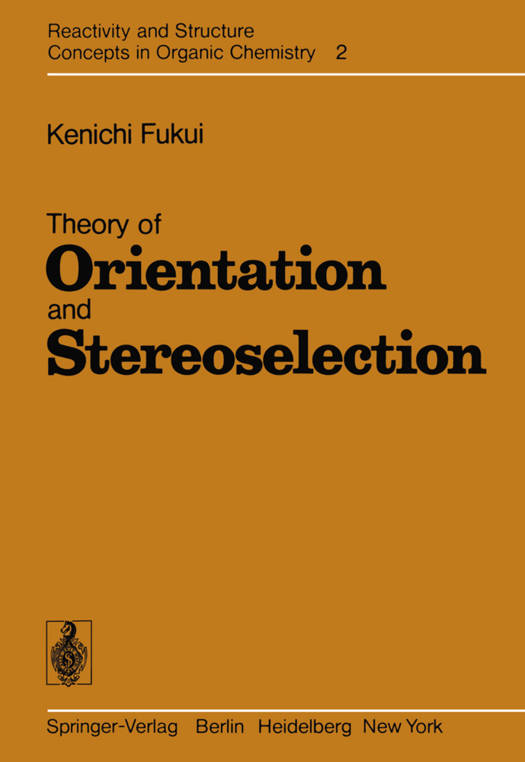
Bedankt voor het vertrouwen het afgelopen jaar! Om jou te bedanken bieden we GRATIS verzending (in België) aan op alles gedurende de hele maand januari.
- Afhalen na 1 uur in een winkel met voorraad
- In januari gratis thuislevering in België
- Ruim aanbod met 7 miljoen producten
Bedankt voor het vertrouwen het afgelopen jaar! Om jou te bedanken bieden we GRATIS verzending (in België) aan op alles gedurende de hele maand januari.
- Afhalen na 1 uur in een winkel met voorraad
- In januari gratis thuislevering in België
- Ruim aanbod met 7 miljoen producten
Zoeken
Omschrijving
Many organic chemists will agree with me that the old "electronic theory" has for a long time been inadequate for the interpretation of various new findings in chemistry, particularly for those of reactivity. Considering the outstanding progress which has been made during the past 20 years in the interpretation of these facts, aided by the molecular orbital theory, the time has finally come for a new book showing what is within and what is beyond the reach of quantum-chemical methods. It was therefore highly suitable that Dr. F. L. Boschke of the Springer- Verlag suggested to me to make a contribution to a volume in the series "Topics in Current Chemistry" in February 1969. The article was published as Vol. 15, No 1 in June 1970. This new book is an expanded version of the article written in 1970. In this present volume several of the most up-to-date findings which have been gained in organic chemistry since then have been added. It is highly probable that a certain "theoretical" design in the experimenta- lists' mind may have been the reason for these developments, whether they themselves are aware of it or not. Theory produces new experimental ideas and conversely, a host of experimental data add another vista to new theories. Due to the mutual beneficial effect of theory and experiment this book will always retain its value, although the quantum-chemical approach to the theory of reactivity is, of course, still in the develop- mental stage.
Specificaties
Betrokkenen
- Auteur(s):
- Uitgeverij:
Inhoud
- Aantal bladzijden:
- 134
- Taal:
- Engels
- Reeks:
- Reeksnummer:
- nr. 2
Eigenschappen
- Productcode (EAN):
- 9783642619199
- Verschijningsdatum:
- 26/11/2012
- Uitvoering:
- Paperback
- Formaat:
- Trade paperback (VS)
- Afmetingen:
- 170 mm x 244 mm
- Gewicht:
- 244 g

Alleen bij Standaard Boekhandel
+ 223 punten op je klantenkaart van Standaard Boekhandel
Beoordelingen
We publiceren alleen reviews die voldoen aan de voorwaarden voor reviews. Bekijk onze voorwaarden voor reviews.









